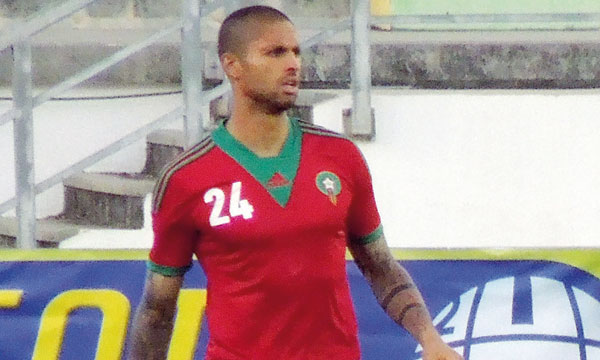The Sun Issues Public Apology to Yaya Touré Over False Reports
In an unprecedented move, British tabloid The Sun has publicly apologized to Manchester City midfielder Yaya Touré after publishing a series of false claims about his private life over the past year. The apology, revealed over the weekend on the front page of the newspaper’s official website, marks a significant acknowledgment of the tabloid’s errors and the impact of its reporting on the Ivorian footballer’s personal reputation.
According to the statement from The Sun, the newspaper has removed all articles that contained the inaccurate information from its website. The management expressed regret for the distress caused, saying: “Over the past 12 months, The Sun has published personal articles about Yaya Touré. We have removed these articles from our website and would like to apologize for any inconvenience caused to the player.” This public admission underscores the seriousness of the tabloid’s mistakes and its attempt to rectify the situation, even if belatedly.
The controversial articles published by The Sun had made several sensational claims about Touré’s private life. Among the allegations were claims that the footballer was leading a double life, engaging in extramarital affairs, and fathering a child out of wedlock. The reports went further, linking Touré to high-class prostitution. All of these claims have now been revealed as false, leaving the midfielder vindicated but highlighting the potential damage caused by irresponsible journalism.
Yaya Touré, a highly respected figure in both European and African football, has maintained a professional demeanor throughout the ordeal. As one of Manchester City’s key midfielders, his performances on the field have consistently demonstrated his focus and dedication to the sport. Off the field, Touré has sought to protect his privacy, making the false allegations especially harmful. The tabloid’s reporting not only risked tarnishing his personal reputation but also drew unwarranted public attention to private matters, a situation that has affected public perception of one of football’s most prominent African players.
The case also raises broader questions about media responsibility, especially in the coverage of high-profile athletes. While tabloids often thrive on sensationalism to attract readership, the misrepresentation of facts can have severe personal and professional consequences for those targeted. In acknowledging its errors, The Sun has set a precedent by admitting that some stories crossed ethical boundaries and that retractions and apologies are necessary when factual accuracy is compromised.
Although the public apology cannot erase the distress caused to Touré, it represents a step toward accountability. The removal of the offending articles from the website is intended to limit further circulation of the false claims. Observers suggest that the case could also serve as a reminder to journalists, media outlets, and readers alike about the importance of verifying information before publication, particularly when it involves the personal lives of public figures.
In summary, the apology from The Sun marks a rare admission of wrongdoing by a major British tabloid. Yaya Touré, falsely accused of leading a scandalous private life, has now received public vindication. The situation underscores the need for ethical standards in journalism and the importance of protecting the personal integrity of individuals, even those in the public eye.









